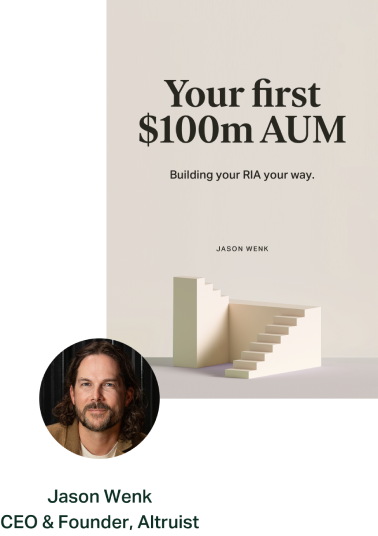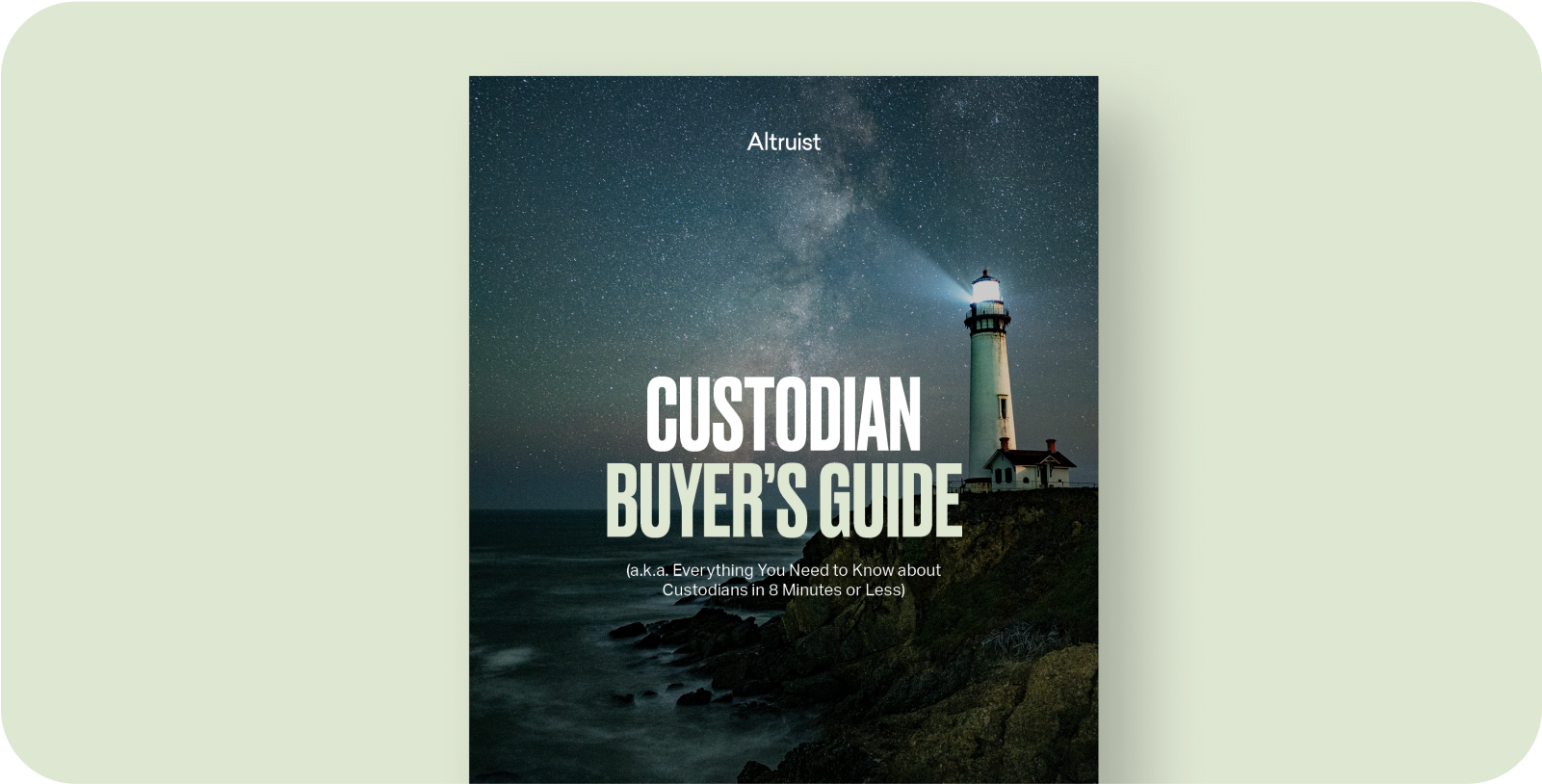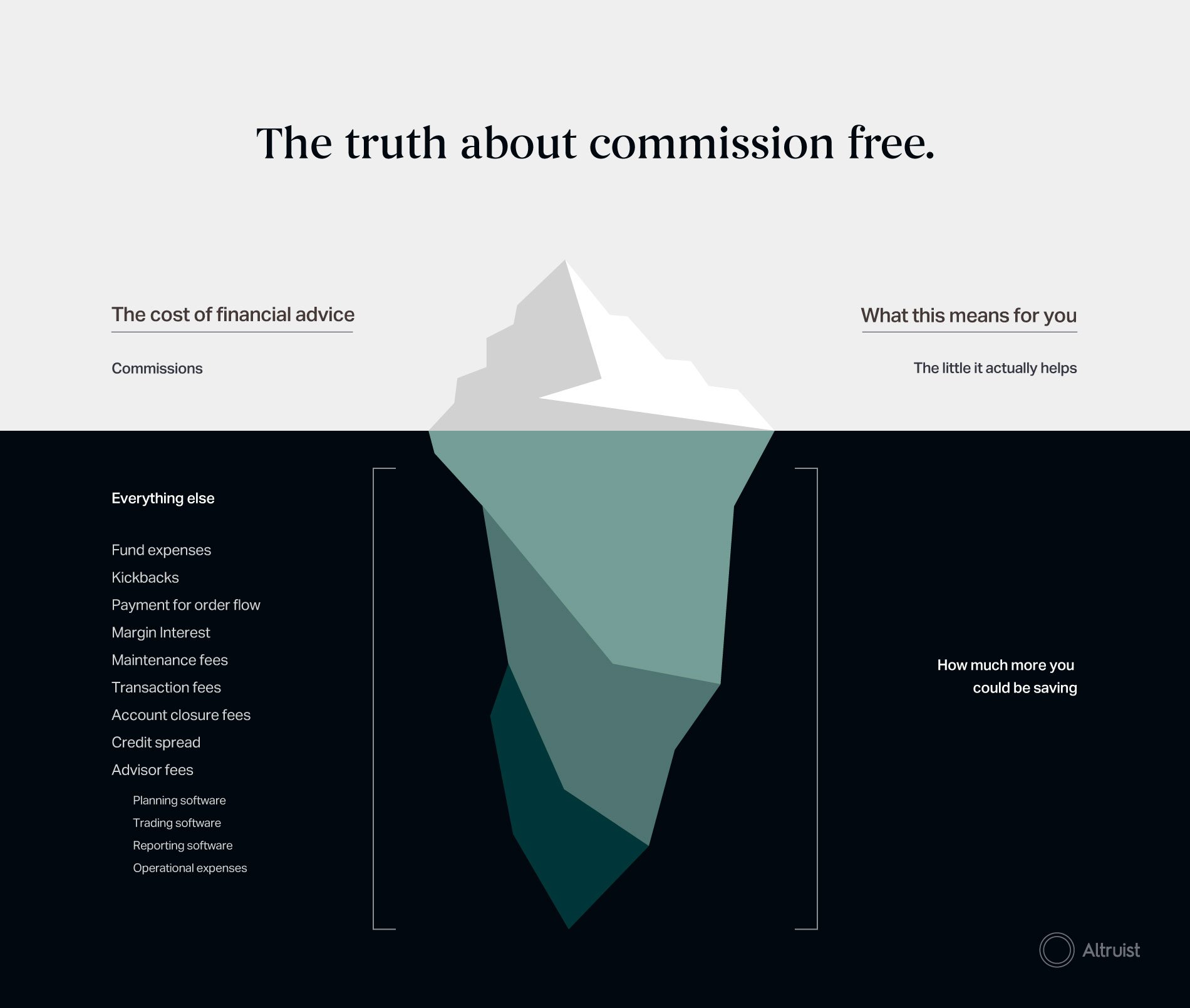After a whirlwind of a year, things are starting to normalize again for clients and financial advisors. If you’re an advisor looking to get your confidence back after the pandemic, you’ve come to the right place and I have the right guest for you.
Brian Portnoy, an educator, investor, writer, and founder of Shaping Wealth, joined me on the podcast to discuss the idea of funded contentment, what a modern advisor looks like, and how they serve their clients.
This riveting conversation is based on Brian’s driving principle to simplify the complex world of money. Through his books, advice, and keynotes, he shares not only how to make better financial decisions but how money factors into a meaningful life.
His learning technology platform, Shaping Wealth, focuses on coaching advisors as they help people make better money decisions to achieve funded contentment.
What exactly is funded contentment?
Funded contentment is the ability to afford a meaningful life. It is true wealth. It is achievable for anyone who thoughtfully calibrates purpose and practice. And over the past year, many of us have reevaluated what it means to be happy or lead meaningful lives truly. We’ve started to appreciate things we might have otherwise overlooked and deprioritized the areas in our lives that don’t serve us anymore.
With this self-corrective lens on life, can happiness be boiled down to a simple math problem? Happiness = Reality - Expectation
Brian is here to tell us that money can, in fact, buy happiness—just not in the way most people suspect.
According to Brian, the process of funded contentment is easy to state in three simplified steps: Define purpose, set priorities, and make decisions. Over and over again, rinse and repeat. This flow, detailed in Brian’s book, The Geometry of Wealth, is grounded in actionable steps that anyone can understand and implement, but he specifically speaks to this idea of “the modern financial advisor.”

What is a modern advisor?
A modern advisor is one who is a trusted confidant and true partner to their clients. Brian defines a modern advisor as someone who has the following qualities:
Aspirational: Someone who wants to grow—not just their business or profits, but as individuals. They’re equally invested in furthering their own growth and their clients’ growth.
Adaptive: Someone who understands that the only thing constant in life is change. They roll with the punches and have the natural ability to pivot or change course without disturbing their surroundings.
Authentic: Someone comfortable in their own skin. When you try to be everything to everyone, you end up losing your true self and the opportunity to serve those that align with you. Be there and be present for the people you serve and you’ll find yourself amongst a community.
Modern financial advisors play a large role in setting and managing expectations. For example, let’s say your client is concerned about market performance. A modern financial advisor might approach this scenario with historical insight, practical wisdom, and simply reassure the client market waves happen.
This advising style typically sets clients up for a much higher level of success with more consistency long-term. More so, modern financial advisors who can manage their clients’ expectations are more likely to grow individual relationships built on trust and honesty.
Another facet of the modern advisor is leading with purpose-based planning, not just focusing on money goals. Helping clients distinguish between purpose and goals as well as the implications both have on their financial planning process can help facilitate a strategy to afford a meaningful life.
For example, your client’s goal may be funding their child’s education or retiring comfortably with dignity. Their purpose might be to create generational wealth or travel with minimal budget restrictions.
For the modern advisor, the ability to align your client’s goals to purpose will enable you to create a meaningful plan for their financial future. And for most people, being able to afford a life that makes you happy is the ultimate goal.
Disclaimer: Altruist and its affiliates do not give legal advice. The views expressed in this video by the participants are solely their own and do not necessarily reflect the views of Altruist Corp or its subsidiaries. No compensation was provided.
|













